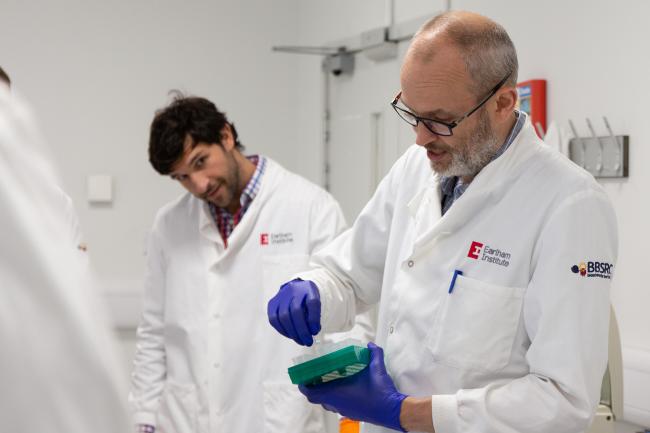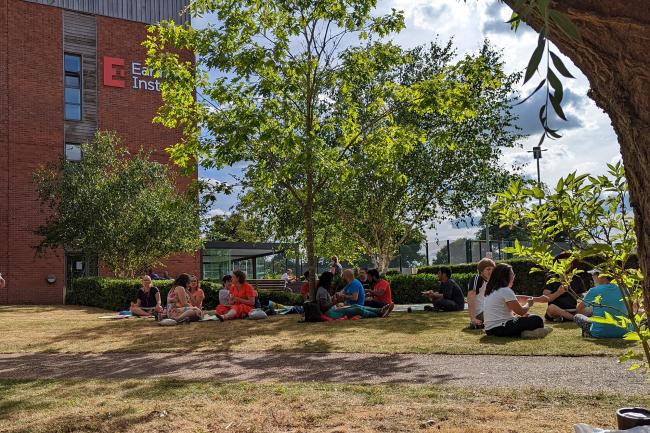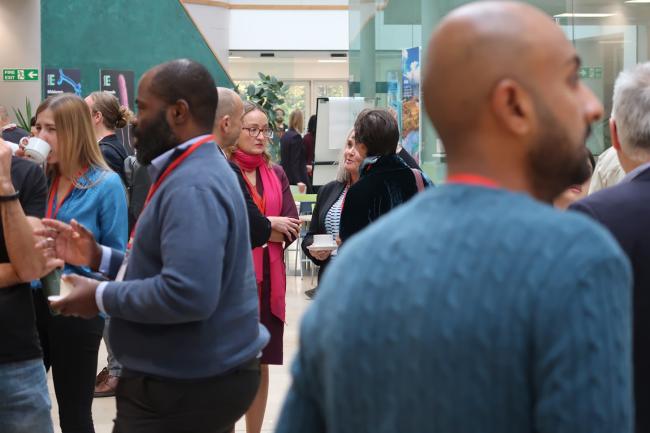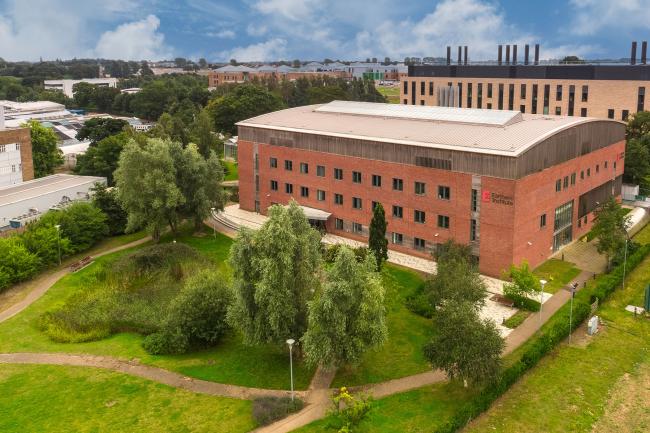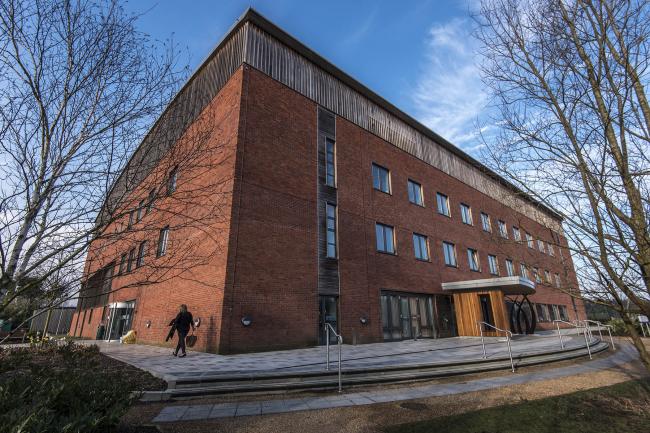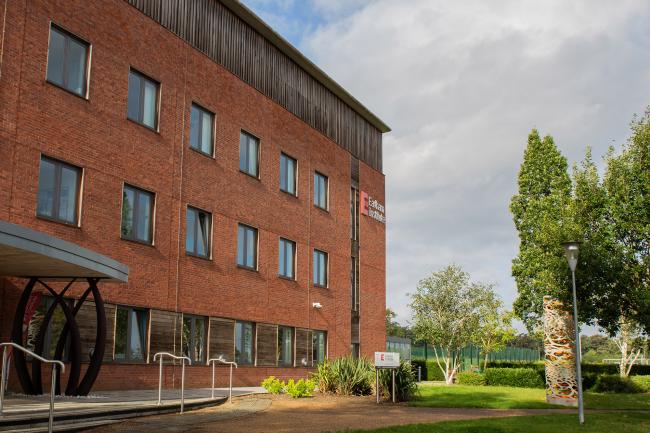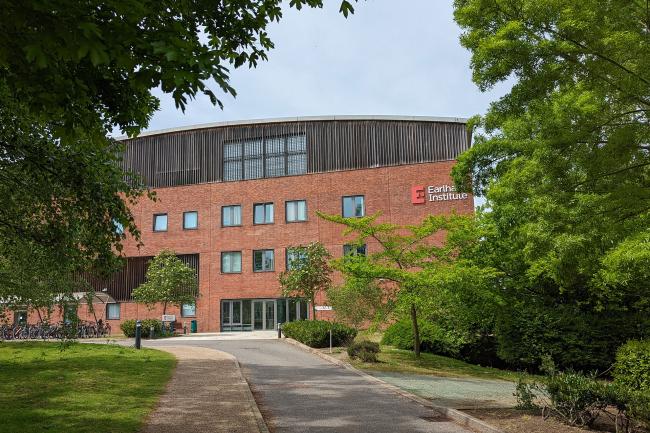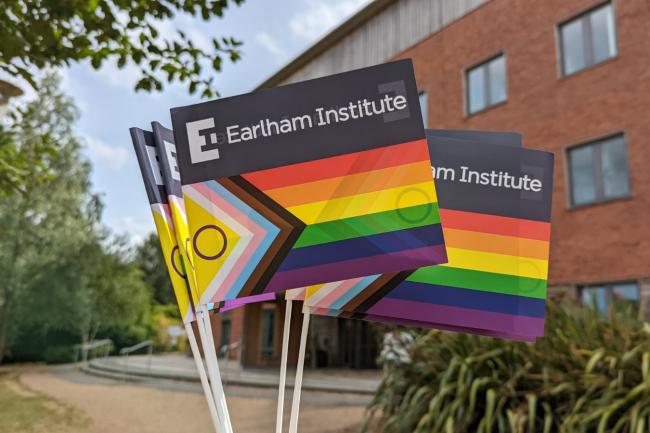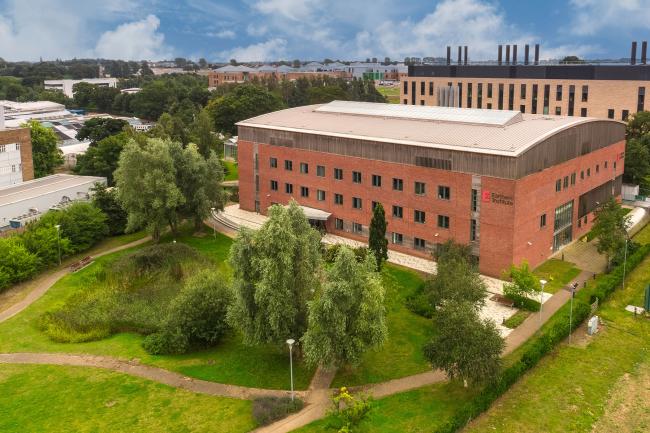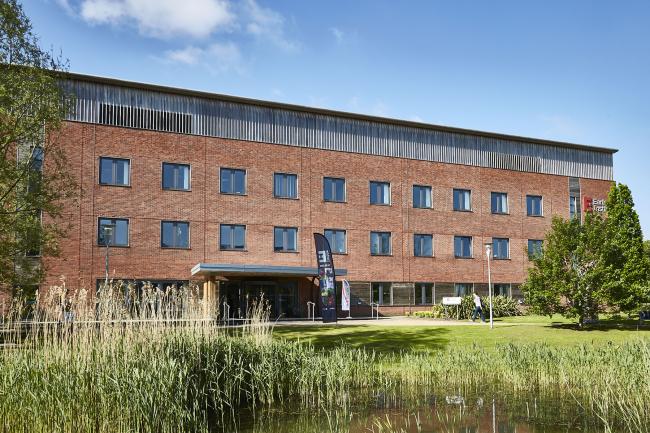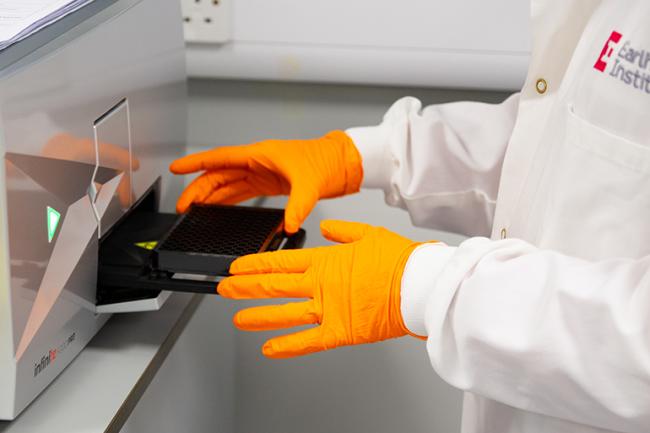
In her role as Honorary Professor at the UEA School of Biological Science, Prof Di Palma will be involved in a number of close collaborations.
Partnering with Professor Andrea Munsterberg and Dr Grant Wheeler to develop and optimize the protocol for assaying transposase-accessible chromatin using sequencing (ATAC-seq) to study regions of open chromatin in a wide-variety of organisms, as well as looking at micro RNAs in domestic chickens and Xenopus frogs.
Together with her collaboration with Dr Cock Van Oosterhout on developing computational tools for examining hybridization and genome introgression in evolutionary models, Prof Di Palma and her group also work with Professor Tamas Dalmay on microRNA identification and function in diverse organisms.
At the UEA Norwich Medical School, Prof Di Palma’s joint efforts will focus on the bone marrow cancer acute myeloid leukaemia and advancing our understanding of how AML cells grow, and evade chemotherapy, in collaboration with Professor Kristian Bowles and Dr Stuart Rushworth.
Alongside Dr Barbara Jennings on genomics of rare diseases and with Professor Colin Cooper at UEA as part of Genomics England 100k Genome Project.
Prof Dylan Edwards, Interim Director at EI, Executive Dean Faculty of Medicine and Health Sciences and Chair of Cancer Studies in the School of Biological Sciences at UEA, said: “Federica’s appointment is very exciting for us as it cements the growing relationship between TGAC and UEA, and I look forward to the major discoveries that are going to come from it.”
Prof Di Palma, Director of Science and Head of Vertebrate & Health Genomics at EI, added: “I am very honoured to receive the opportunity to contribute to the outstanding research activities led by Faculty members in the Biology and Medical schools. We have been working closely with many colleagues at UEA already and I anticipate many more exciting opportunities ahead.”
The UEA School of Biological Sciences boasts state-of-art research facilities as well as modern teaching laboratories in the internationally renowned Norwich Research Park. The world-leading research covers the full spectrum of biology, from biomedicine and developmental biology to microbiology, biochemistry, evolutionary biology, ecology and conservation.
The Faculty of Medicine and Health Sciences delivers world-class research and takes a leading role in the renowned scientific research community in Norwich, cited as the fourth highest city for science research in the UK.
The School itself is building a strong reputation in Population Medicine, Health Economics, and Diet and Health and BioMedicine with laboratory work now being concentrated in the newly-built BioMedical Research Centre. As part of the Faculty of Medicine and Health Sciences we place a strong emphasis on inter-professional co-operation in teaching and research.
Both schools are committed to the principles of the Athena SWAN charter which recognises and celebrates good practice in recruiting, retaining and promoting women in science, technology, engineering, mathematics and medicine (STEMM) in higher education, the School has been awarded the bronze award.

